We remember safe “grandmother’s” dishwashing detergents
The deeper chemical and technological developments penetrate into our lives, the more often we think about safety and turn to the experience of our ancestors. For example, if we talk about safe dishwashing detergents, it is useful to remember what our mothers and grandmothers used to wash cups and glasses.
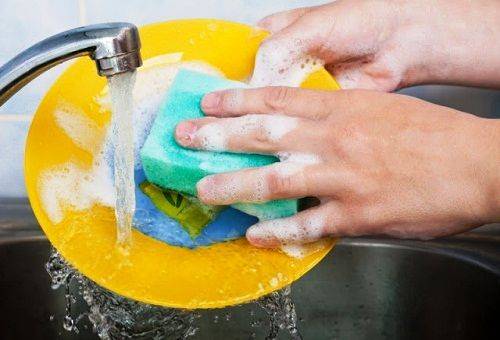
To keep the dishes clean, they used “penny” available means: baking soda, mustard powder, laundry soap, table vinegar, and also knew a lot of secrets that allowed them to wash away grease, soot, and limescale. Today, from the simplest ingredients, if desired, you can prepare an environmentally friendly dishwashing detergent by hand. Let's talk about this in more detail.
Let's go back to history
Cleaning products like “Fairy” appeared on the market in the mid-to-late 90s of the last century. Then it was a breakthrough! With one drop you could wash off a mountain of dishes that had accumulated after your birthday. And the smells: spring bouquet, citrus mix, green apple... However, today the issue of safety rises above efficiency, cost-effectiveness and a pleasant aroma. Expensive environmentally friendly products are increasingly appearing in advertising. But instead of overpaying for foreign innovative developments, it is worth remembering what Russian women successfully used.
Do you remember how in K.I. Chukovsky’s fairy tale “Fedorino’s Grief” Fedora called the runaway dishes home and promised to clean them with sand and pour boiling water over them? This is one of the ancient ways of washing dishes.In the old days, dishes were rubbed with sand, sedge, nettle, and washed with lye (an aqueous infusion of wood ash). By the way, sand and grass are still used by tourists.
Later, laundry soap, baking soda, and mustard appeared on the sinks of Soviet women. These products, which can always be found in any kitchen, perfectly wash dishes, while being completely safe. They are the ones you should focus on if the housewife is concerned about the safety of the detergent.
Magic soda and essential mustard
Baking soda is the most popular solution for cleaning dark deposits from various dishes and cutlery. Having a fine-crystalline structure, it has a soft abrasive effect and cleans to a shine and a pleasant squeak. Baking soda can be used in two ways:
- dissolve baking soda in water and wash (if necessary, soak) dishes in it;
- pour baking soda onto a sponge and scrub away dirt.
After treating dishes with soda, rinse them thoroughly and wipe dry.
Baking soda can be successfully used to wash mugs, tea cups, and glass glasses. It perfectly removes dark stains from tea and coffee. Many people are familiar with the situation when glassware with a corrugated pattern ceases to shine and becomes covered with a layer of dust remaining in the recesses.
Wine glasses, shot glasses and cut glasses will acquire their original shine if you go over the design with a sponge dipped in soda slurry and then rinse the dishes with water. The same method will help rid the plates of dark marks that usually appear on their lower parts over time if daily washing is not thorough enough.
Tip: Baking soda is great for removing grease, but it should not be used to clean non-stick cookware.
Mustard powder has properties similar to soda. It can be used in the same way: in a solution or directly applied to a sponge. However, it is worth noting that mustard is more expensive than soda. But if you don’t have baking soda on hand, then mustard becomes indispensable as an effective natural dishwashing detergent. Crystal shine and fat removal are guaranteed.
Vinegar for shine
Table vinegar is another resident of any kitchen that is always ready to help in the fight to keep dishes clean. It is not used for daily washing of plates and cutlery, but if you need to restore the shine of glassware, rid it of limescale or disinfect it, there is no better product. Prepare vinegar water from:
- 1 l. warm water;
- from 3 tbsp. l. up to 200 ml of table vinegar. Depends on the purpose: 3 tbsp is enough to add shine to the glass. l., and for disinfection you can take more.
For a shine, rinse clean glassware with vinegar water. By treating with an aqueous solution of table vinegar, you can also restore the shine to steel pots, ladles and frying pans. To do this, you need to wipe them with a sponge soaked in vinegar water, if necessary, rubbing the contaminated areas more intensively, and wipe dry with a towel.
An aqueous solution of table vinegar (1:5) can be used to disinfect kitchen utensils such as cutting boards, cutlery storage containers, plate drying trays, etc.
Making your own dishwashing liquid
If you want to wash dishes with your usual “detergent”, and not just lather a sponge with laundry soap and sprinkle with soda, you can prepare it yourself. At the same time, it will turn out to be safe and not too expensive. We offer two options:
- liquid product;
- cleaning paste.
Both products can be stored, so they do not need to be prepared each time before washing dishes. Both recipes contain soap as ingredients. For liquid soap you will need:
- water - 0.5 l;
- laundry soap (72%, 200 g piece) - 1/8 piece;
- liquid glycerin - 5 tsp;
- alcohol tincture of calendula - 1 tbsp. l.;
- medical alcohol - 4 tbsp. l;
- bottle with dispenser.
Preparation:
- Grind the laundry soap. This can be done using a grater or a sharp knife. Transfer the shavings to a saucepan.
- Place the saucepan with soap in a water bath. Gradually add water to it. You should get a homogeneous mass.
- Add the remaining ingredients from the list. Mix well and pour the product into the bottle.
To prepare a cleaning paste with soap you will need:
- hot water - 1 glass;
- laundry soap - 1 piece;
- 6 tbsp. l. baking soda;
- storage container, such as a plastic container.
Tip: when calculating the ingredients, when you take soap in the amount of 1 piece (200 g), you get a lot of product. If you prepare this pasta for the first time, it is better to proportionally reduce their amount by 2-3 times.
Preparation:
- Grind the laundry soap using a grater. You can also cut it into small pieces with a sharp knife.
- Place the laundry soap in a saucepan and place in a water bath, gradually adding water. You can simply pour hot water over the chips and let it brew, stirring from time to time. But this will take more time.
- When the soap mixture becomes homogeneous, add soda to it. Beat with a mixer or whisk and transfer the paste and soap into a container.
However, it is not enough to prepare a harmless home remedy; you also need to know how to wash dishesso that it shines just like when using store-bought products.
A few secrets for pure glow
If the housewife has decided not to use store-bought products full of chemicals, but to switch to soap, soda, vinegar and other natural products, she should know a few secrets:
- Darkened cutlery is well brightened by the water remaining after boiling potatoes. Soak forks and spoons in it for 6-8 minutes. Then they will need to be rinsed under water and ground.
- If you don't have a brush on hand, you can clean a bottle with a narrow neck by placing eggshells and a little water in it. It needs to be vigorously shaken, and then the water and shells are drained.
- A glass carafe whose bottom has turned white from limescale can be cleaned with vinegar essence (70%). 1 tsp is enough, which you need to add to the water and fill the carafe to the contaminated area. After a few minutes, the solution must be washed off and the carafe rinsed thoroughly with water.
- If something is burnt in an enamel pan, you should pour 3-5 tbsp on the bottom. l. baking soda and pour hot water just above the burnt area. Bring water to a boil and leave until cool. Then rinse thoroughly with clean water.
- Table vinegar will help clean a burnt frying pan. Pour 200 ml of vinegar into it and add water so that it covers the burnt area. Boil for 5-10 minutes, then wash the pan with detergent.
When the question arises of what to wash dishes with so as not to harm your own health, it is useful to remember the good old laundry soap, soda and vinegar. You can also prepare a special dishwashing detergent - the most natural one, the natural ingredients of which you can be 100% sure of!
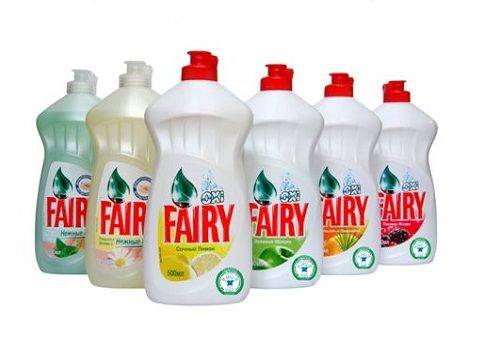
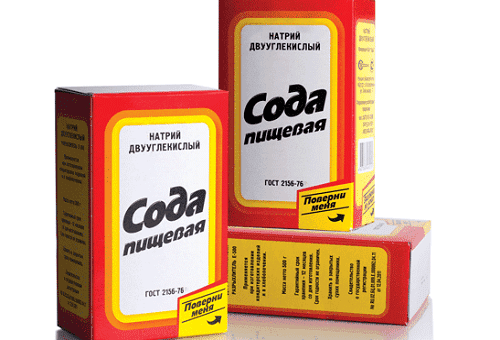
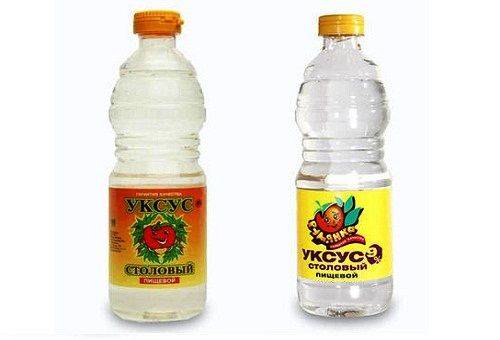
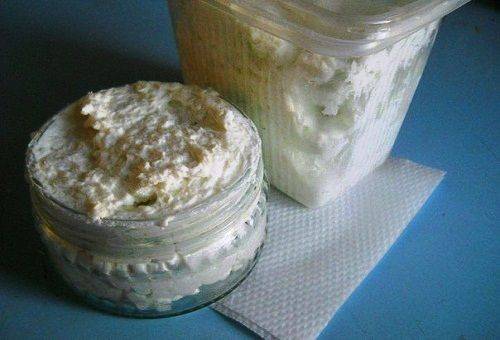
I made this gel with glycerin - it doesn’t wash off from the dishes, after rinsing it just smells like you didn’t wash off the soap at all ((((better just with soap.
Thanks for the warning, we'll know